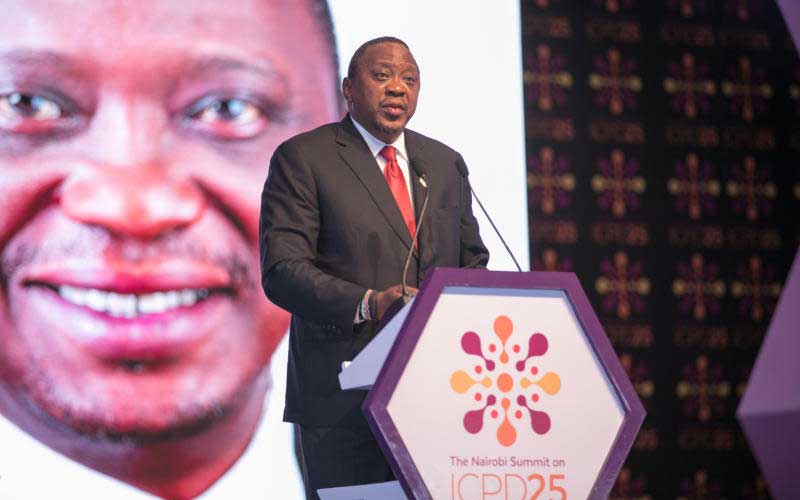×
The Standard e-Paper
Fearless, Trusted News

Running out of time: An incumbent president whose term must come to an end in August 2022, Uhuru Kenyatta has a daunting task to fix an ailing economy, create jobs, tame debt, tackle graft and navigate a delicate political landscape in less than 1,000 days.
President Uhuru Kenyatta ushers in the New Year facing the daunting task of fulfilling his pledges and mending the broken fabric of a nation within just 950 days.